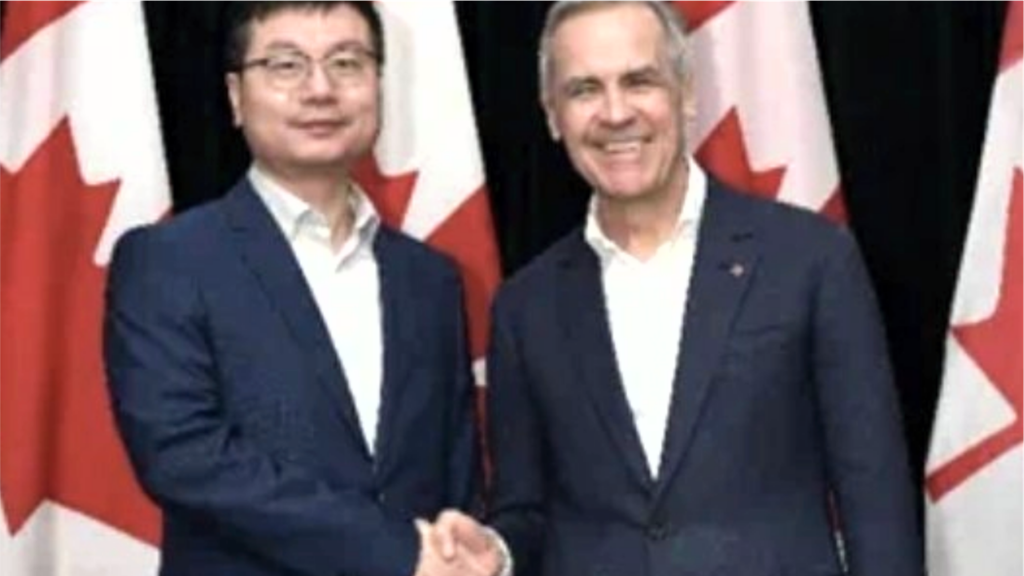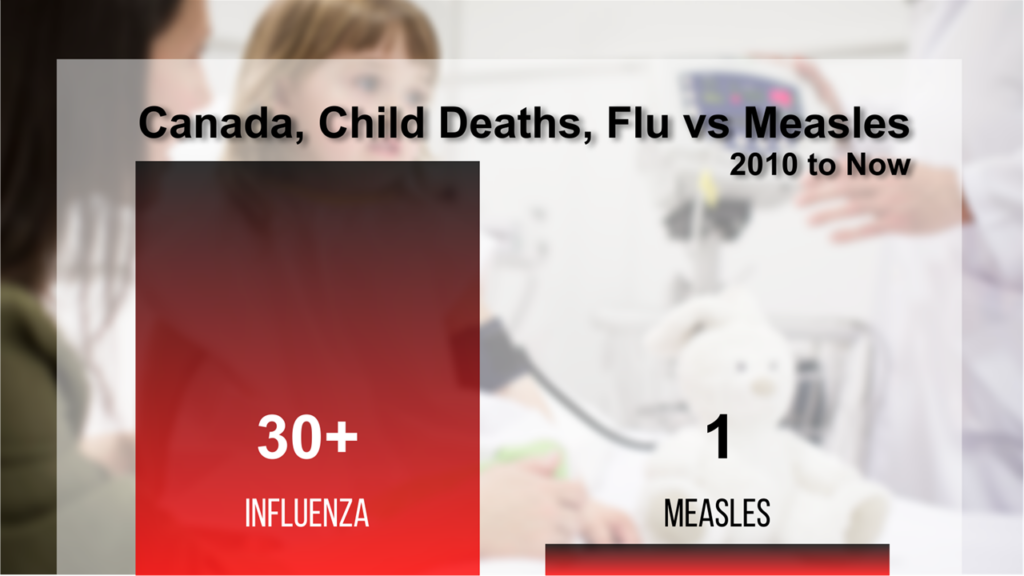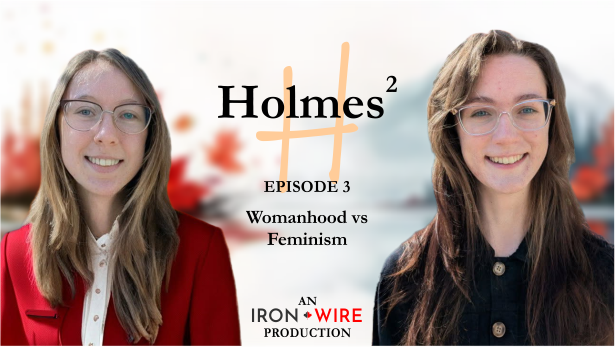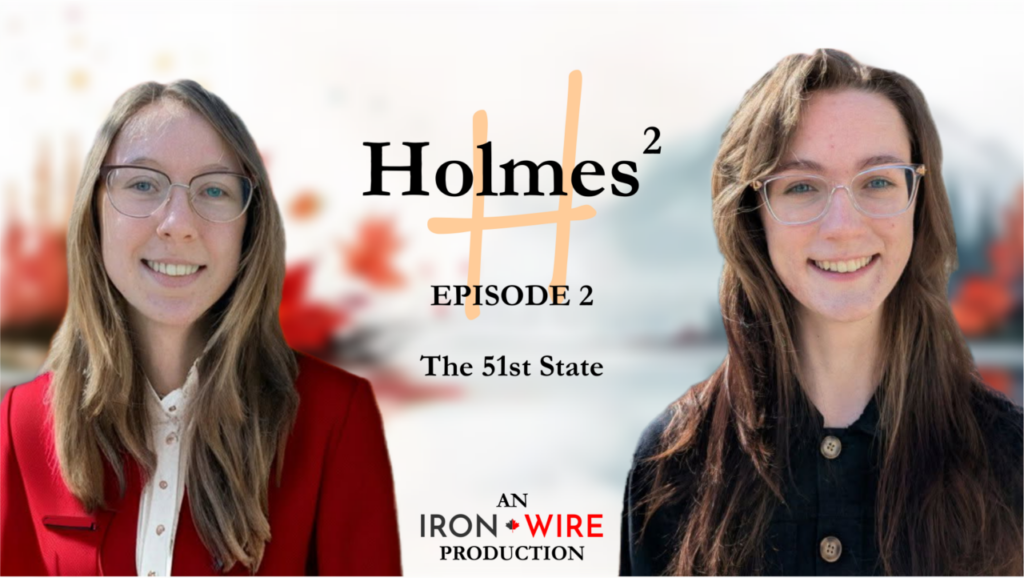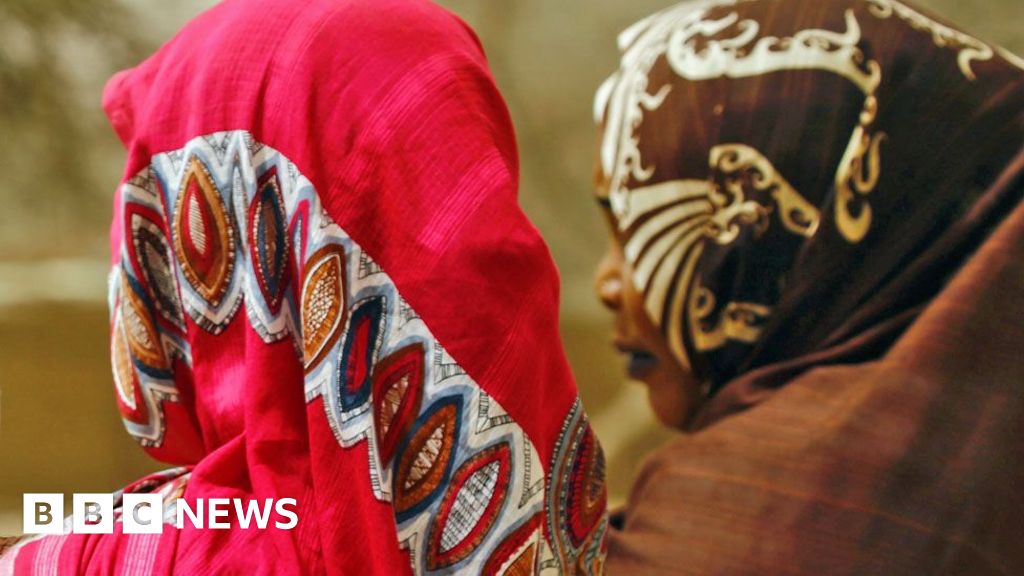‘Parents Have Waited for 30 Years’: NIH to Study Causes of Autism
Source: Children’s Health Defense
The National Institutes of Health (NIH) will launch a new research program to study what causes autism and why autism diagnoses are on the rise, The Washington Post reported last week. The U.S. Department of Health and Human Services (HHS) confirmed the report.
According to the Post, the NIH is still finalizing plans for the new multimillion-dollar research program. The agency is considering launching a public competition to “jump-start” research, pursuing “a more traditional approach of awarding grants” and buying “additional data compiled by outside researchers.”
An HHS spokesperson said:
“As President Trump said in his joint address to Congress, the rate of autism in American children has skyrocketed. We will leave no stone unturned in our mission to figure out what exactly is happening. The American people expect high-quality research and transparency and that is what we are delivering.”
HHS oversees NIH and 10 other federal health agencies. Dr. Jay Bhattacharya was confirmed last month as the new director of the NIH.
In a proclamation issued April 2 for World Autism Awareness Day — as part of World Autism Month — Trump said his administration “is prioritizing gold-standard research and increasing transparency to gain new insights to aid those with ASD” — or autism spectrum disorder.
In a post on X, HHS Secretary Robert F. Kennedy Jr. said that Trump directed him “to address and find out what is causing the autism epidemic and what we can do about it.”
Today, on #WorldAutismAwarenessDay, I want to recognize the millions of Americans living with autism and their families. @POTUS has directed me to address and find out what is causing the autism epidemic and what we can do about it. @HHSgov is going to do everything in its power… pic.twitter.com/F05TWByoj6
— Secretary Kennedy (@SecKennedy) April 2, 2025
The proclamation also referred to data from the Centers for Disease Control and Prevention (CDC) showing that 1 in 36 U.S. children are diagnosed with autism — “a staggering increase from the 1980s, when the disorder was found in only 1 to 4 out of every 10,000 individuals.”
“Autism is an epidemic of unknown cause, increasing exponentially in the American population — the incidence rate doubling every 10 years,” said Karl Jablonowski, Ph.D., senior research scientist for Children’s Health Defense (CHD). “If you do not know the cause, you cannot avoid autism.”
According to the proclamation, efforts to identify what’s causing the increase form part of the administration’s Make America Healthy Again — or MAHA — agenda.
The MAHA Commission, launched in February, will “investigate and address the root causes of our escalating health crisis, with a focus on childhood disorders like autism.” Following Trump’s congressional speech, his administration asked the CDC to study the possible link between vaccines and autism.
“There’s something wrong,” Trump told Congress. “So, we’re going to find out what it is, and there’s nobody better than Bobby [Kennedy] and all of the people that are working with you.”
Research scientist and author James Lyons-Weiler, Ph.D., called the NIH’s new initiative “overdue.”
“Finally, a forward-facing NIH that isn’t afraid of difficult questions,” Lyons-Weiler said. “The Biden administration spent years pretending the science was settled. Now, under new leadership, NIH appears poised to embrace actual science — defined by open questions, not manufactured consensus.”
John Gilmore, executive director of the Autism Action Network, said he hopes the research initiative will be free of conflicts of interest.
“We desperately need a much larger and more aggressive autism research program, and it has to be research that will follow where the science leads, rather than the financial and political needs of powerful players,” Gilmore said.
‘The goal should be to predict risk, not bury it’
According to the Post, past research identifying a possible link between vaccines and autism has been “discredited,” while new research “could undercut public health by resurrecting the debunked link between immunizations and autism and further exacerbate the spread of vaccine-preventable diseases such as measles.”
But some scientists disputed these claims.
“The cognitive dissonance in the Post article is stunning,” said Brian Hooker, Ph.D., CHD’s chief scientific officer. “Somehow we can study one vaccine, the MMR [measles-mumps-rubella], and declare that there is no relationship between all vaccines and autism. One has to ask, ‘What about the 14 other vaccines and myriad vaccine ingredients that have not been tested for their relationship with autism?’”
“What’s truly frightening is a public health establishment that ignored parents, censored scientists and shut down even the possibility of risk leading to 1 in 36 kids with autism. This initiative, if done right, can help course-correct that catastrophic hubris,” Lyons-Weiler said.
Gilmore said current mainstream narratives on vaccines rely “on the authority of the vaccine industry,” resulting in lowered public confidence.
“If people want to increase confidence in vaccines, we need to have thorough, transparent, rigorous, reproducible studies done by investigators independent of the vaccine industry on all vaccines, vaccine ingredients, vaccine combinations and sequences,” Gilmore said.
Experts said previous studies on vaccine safety were flawed and expressed hope that the NIH will focus on areas of inquiry that older studies have overlooked.
“Not all vaccines have been studied for any association with autism, let alone causality,” Lyons-Weiler said, adding that “co-risk factors — such as mitochondrial dysfunction, aluminum sensitivity or a family history of autoimmunity” have also not been examined.
“Only one vaccine ingredient, thimerosal, and one vaccine, the MMR, have been studied by the federal government for a causal role in autism,” Gilmore said.
Thimerosal is a mercury-based preservative used in some vaccines and has been linked to the buildup of inorganic mercury in the brain. A 2001 report by the Institute of Medicine found a “biologically plausible” connection between thimerosal exposure and neurodevelopmental disorders.
According to a recent investigation by journalist Sharyl Attkisson, the U.S. government has misled the public for decades about the science linking thimerosal to autism and continues to claim thimerosal has been removed from all childhood vaccines — even though some vaccines, including those given to children, still contain the ingredient.
A peer-reviewed study published in January found that vaccinated children have a 170% higher chance of being diagnosed with autism compared to unvaccinated children and that the risk increased with each additional childhood vaccine administered.
The study also found that vaccinated children had a 212% greater likelihood of developing other neurodevelopmental disorders, including attention-deficit/hyperactivity disorder or ADHD, epilepsy/seizures, brain inflammation, and tic and learning disorders.


This article was funded by critical thinkers like you.
The Defender is 100% reader-supported. No corporate sponsors. No paywalls. Our writers and editors rely on you to fund stories like this that mainstream media won’t write.
Biologist Christina Parks, Ph.D., suggested that NIH-funded research should focus on the causes of immune dysregulation, which leads to health issues such as autoimmune responses and inflammation. She said:
“What is needed is not a few studies to prove that vaccines are safe, but a redirection of funds to research proposals that expand what is known about the causes and effects of immune dysregulation.
“A large body of research already demonstrates that immune dysregulation is at the heart of the chronic disease epidemic and plays a central role in conditions such as autism, autoimmune disease, diabetes, Alzheimer’s Disease, cancer and many others.”
Last month, the Post, citing anonymous sources, reported that HHS had tapped researcher David Geier — an expert on the connections between toxic exposures and autism — to lead a study of possible links between vaccines and autism. The Post and other media outlets used the opportunity to attack Geier and the need for such a study.
Also last month, Kennedy announced the launch of a new Administration for a Healthy America, with a focus on ending the chronic disease epidemic and eliminating environmental toxins, while NIH announced it would cancel or reduce grants for research studying “vaccine hesitancy.”
“The health of our children is everything — so why would any area of research be off-limits for consideration?” Jablonowski asked. “A good place to thoroughly look is where people in power adamantly tell you not to. I wish we learned to be skeptical of power and politics from cigarettes and cancer, but maybe this is the next lesson.”
“The goal should be to predict risk, not bury it,” Lyons-Weiler said. “Parents have waited for 30 years. We have all waited long enough. Let’s do real science now.”
Related articles in The Defender
- We Can End the Autism Epidemic — By Telling the Truth
- Government Misled Public on Thimerosal Link to Autism ‘for Decades,’ Falsely Claims It’s Been Removed From Vaccines
- CDC Will Study Possible Link Between Vaccines and Autism, Pledges to ‘Leave No Stone Unturned’
- ‘Jaw-dropping’ Study Finds Vaccinated Children Have 170% Higher Risk of Autism
- ‘Vaccines Do Not Cause Autism’ Claim Built on ‘House of Cards,’ Authors of New Review Say
- 1 in 36 Kids Have Autism, CDC Says — Critics Slam Agency’s Failure to Investigate Causes
- RFK Jr. Pushes Back on Chronic Disease, Autism and Agency Corruption
